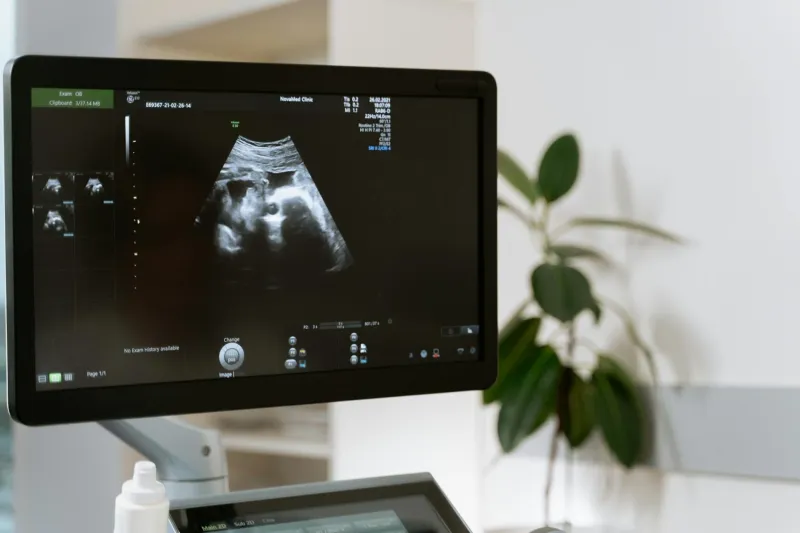Publications
Obstetric Violence in Portugal: Analysis of Law no. 33/2025
1. Introduction
On March 31, 2025, Law no. 33/2025 was published in Diário da República, establishing the legal recognition of obstetric violence in Portugal, introducing specific measures for the prevention and eradication of disrespectful practices in the context of childbirth and reproductive health.
This law marks a paradigmatic moment in the Portuguese legal system by legally recognizing obstetric violence for the first time. This legislative initiative follows historic demands by women and civil society organizations, who have been publicly denouncing dehumanized practices in the context of reproductive health, particularly during childbirth.
2. Legal Concept of Obstetric Violence
Under Article 2 of the law, obstetric violence is defined as:
“Physical and verbal action exercised by health professionals on the body and procedures in the reproductive area of women or other pregnant people, which is expressed in dehumanized treatment, an abuse of medicalization or the pathologization of natural processes, disregarding the protection regime in preconception, medically assisted procreation, pregnancy, childbirth, birth and the puerperium.”
This definition innovatively introduces a normative framework protecting sexual and reproductive rights, breaking with the legal invisibility that had prevailed until then.
3.Main Legislative Innovations
Law no. 33/2025 establishes a set of preventive, educational and sanctioning provisions, including the following:
3.1 Mandatory Registration of Clinical Acts
Mandatory registration and justification of all medical and nursing acts carried out in the context of pregnancy and childbirth is required, with a view to clinical transparency and professional accountability.
3.2 Prohibition of Routine Episiotomy
The law prohibits the systematic and unjustified performance of episiotomy, providing financial penalties for hospital institutions and disciplinary proceedings for health professionals who violate this rule.
3.3 Creation of the Multidisciplinary Commission for Pregnancy and Childbirth Rights
The Commission will be responsible for monitoring the application of the law, drawing up annual reports on user satisfaction and developing awareness-raising campaigns among civil society and health professionals.
3.4 Sex Education and Professional Training
The law requires the integration of content on obstetric violence in sex education programs and in the technical and ethical training of health professionals, promoting a culture of respect for bodily and reproductive autonomy.
4. European and Comparative Framework
At European Union level, there is so far no common legal framework that recognizes obstetric violence as a specific category of gender-based violence. However, both the European Parliament and the European Commission have issued recommendations to adopt measures to combat abusive obstetric practices.
4.1 Comparative experience
- Spain: Recognition limited to regional legislation, such as in the autonomous communities of Catalonia, the Basque Country and the Valencian Community.
- France, Germany and the United Kingdom: No specific legislation. However, there are robust systems for protecting patients' rights and obligations arising from the Istanbul Convention, ratified by these states.
Portugal has thus taken a pioneering position in the European context, and Law no. 33/2025 could serve as a legislative model for future initiatives in the EU area.
5. Final considerations
Law no. 33/2025 represents a significant development in terms of reproductive justice in Portugal. By establishing legal guarantees against excessive medicalization and disrespect for the dignity of pregnant women, this law contributes to the humanization of health care in the pregnancy-puerperium cycle.
